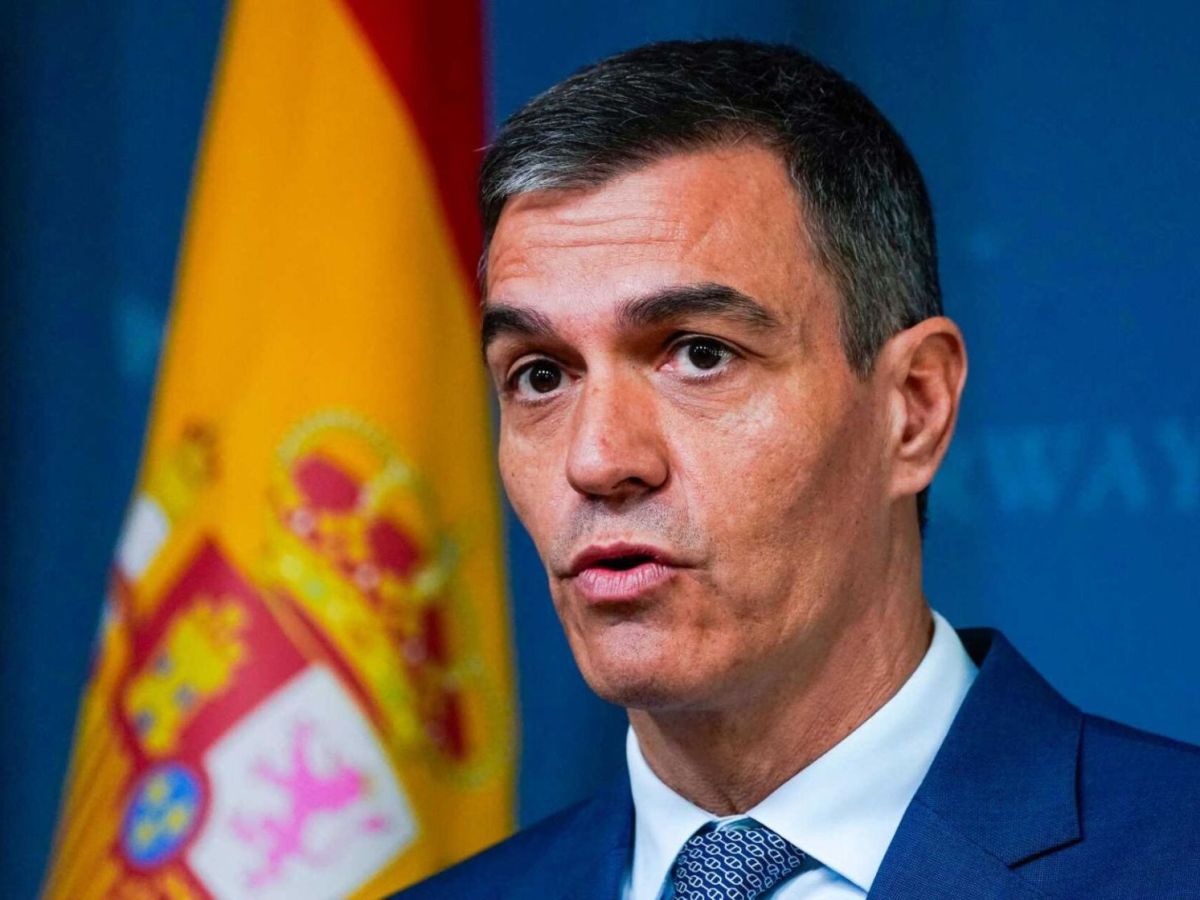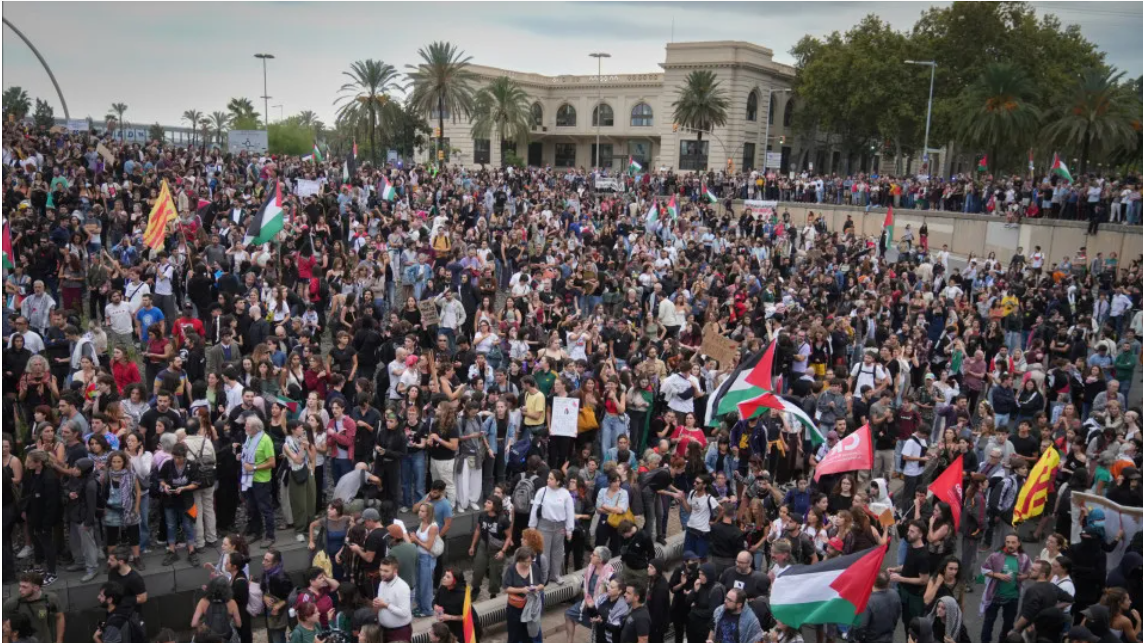The Prime Minister of Spain, Pedro Sánchez, admitted that Spain could go another year, the second in a row, without a new State Budget, something he downplayed given the good performance of the economy.
“The Spanish government is working with the parliamentary groups to present the General State Budgets. If not this year, then next year, but we will present them. It’s our duty and responsibility and we’re going to do it,” he said in a debate on the floor of the Spanish parliament in Madrid.
Spain has extended the spending ceilings laid down in the last budget approved by parliament to 2023.
It is not the first time that this extension has happened: since he has led the Spanish government (for seven years), Sánchez has managed to get three state budgets approved.
The Prime Minister, who has led the Spanish government since 2018, emphasised on Wednesday that, with these 2023 budgets, the country’s economy grew by 3.2% last year (one of the best performances in the European Union) and was responsible for 30% of new job creation in Europe.
Sánchez was speaking in the Spanish parliament and responding to the leader of the opposition, Alberto Núñez Feijóo, of the Partido Popular (PP, right), who questioned the Prime Minister about the budgets and the government’s intention to increase defence spending, as requested by the European Union and NATO, without having a new budget document.
Spain has earmarked 1.28% of its Gross Domestic Product (GDP) for defence in 2023, the lowest rate among NATO members (the security and defence alliance of European and North American countries).
According to analysts, despite increases in defence spending in recent years, the growth of the Spanish economy above the European average has made the 2% of GDP target agreed within NATO a greater effort.
















